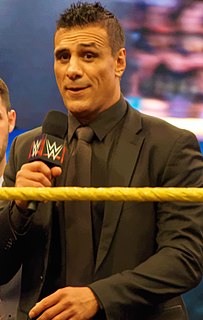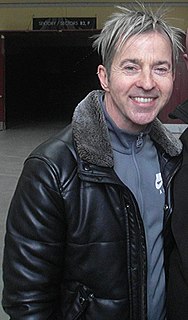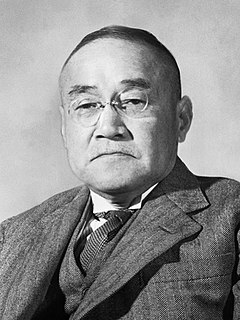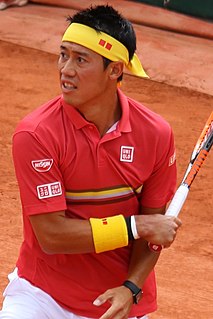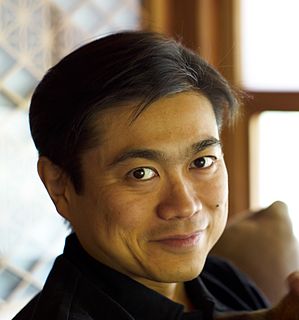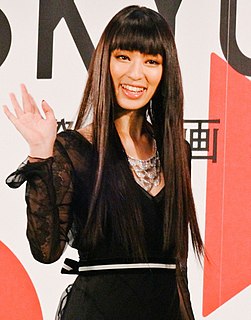A Quote by Vladimir Putin
I remember my very first encounter with Japan. At that time, I was Deputy Mayor of St Petersburg. Out of nowhere, Japan's Consul General in St Petersburg came to my office and said Japan's Ministry of Foreign Affairs wanted to invite me to Japan. I was very surprised because I had nothing to do with Japan except being a judoka. This was an opportunity to visit Tokyo and a couple of other cities. And, you know, a capital is a capital everywhere: there is the official script and certain protocol. It is always easier to talk in the provinces, the conversation is more natural.
Quote Topics
Affairs
Always
Because
Being
Came
Capital
Certain
Cities
Conversation
Couple
Deputy
Easier
Encounter
Everywhere
Except
First
Foreign
Foreign Affairs
General
Had
Invite
Japan
Know
Mayor
Me
Ministry
More
Natural
Nothing
Nowhere
Office
Official
Opportunity
Other
Out
Protocol
Provinces
Remember
Said
Script
St Peter
Surprised
Talk
Time
Tokyo
Very
Visit
Wanted
Related Quotes
Japan used to beat China routinely in wars. You know that, right? Japan used to beat China, they routinely beat China. Why are we defending? You know the pact we have with Japan is interesting. Because if somebody attacks us, Japan does not have to help.If somebody attacks Japan, we have to help Japan.
The sluggish economy is creating a situation where the young people in Japan cannot cherish their desires or have prospects for their future. Also, the decline in Japan's economic capability is resulting in a declining presence for Japan's foreign policy as well.
Accordingly, the duties and mission that I must fulfill are pretty clear: namely, to regain a strong and robust economy, and also to restore Japan's strong foreign policy capability.
I really love Japan, and I liked living there very much, and there are so many terrific things about Japan. However, I do think what's amazing is that Japan really prides itself on being monoracial. It doesn't have the same kind of idea as in the U.K. or Canada or the United States, in which the idea of diversity is a strength.
The comfort-women agreement that we made with Japan during the last administration is not accepted by the people of Korea, particularly by the victims. They are against this agreement. The core to resolving the issue is for Japan to take legal responsibility for its actions and to make an official apology. But we should not block the advancement of Korea-Japan bilateral relations just because of this one issue.

